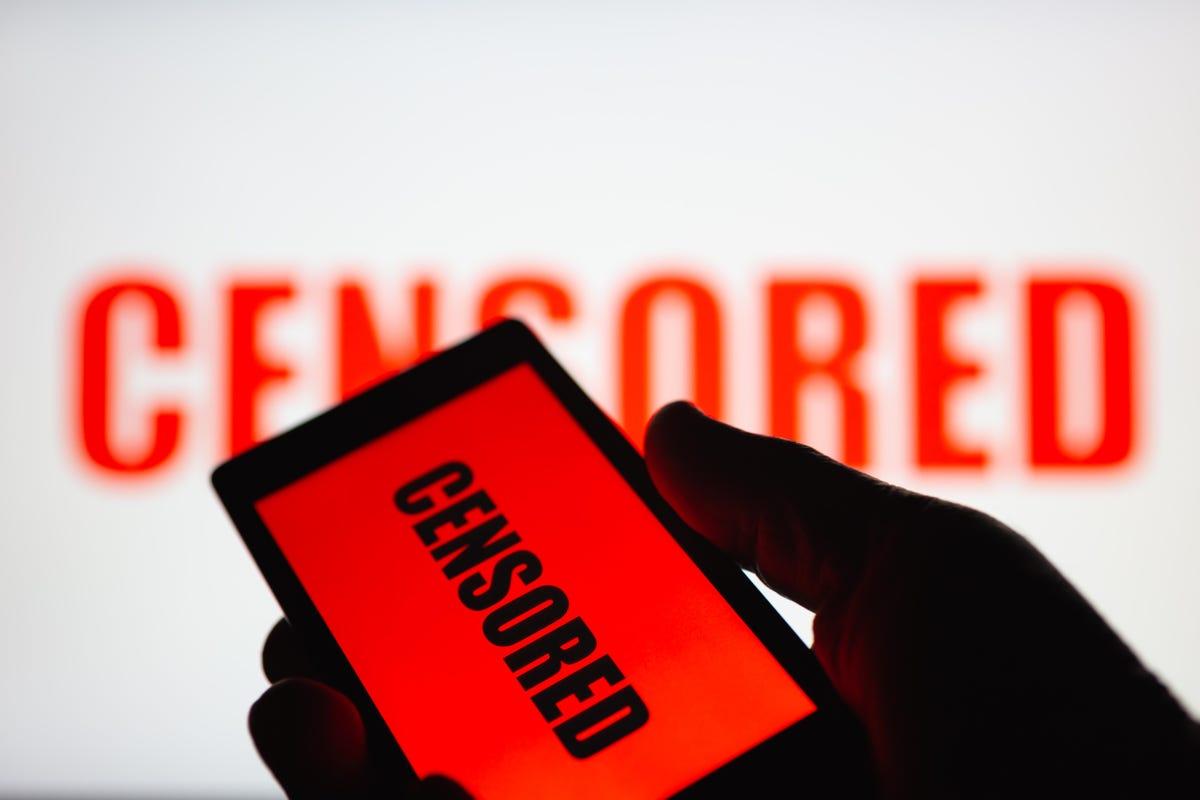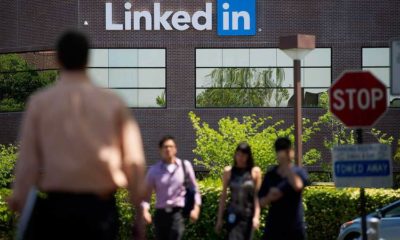Meta has launched in-stream advertisements for creators on its platforms in Nigeria, providing a significant new revenue stream for content creators.
This development allows creators to incorporate advertisements into their new or existing videos, including live content.
Meta’s automated system identifies natural breaks in videos to place ads, or creators can manually choose their ad placements.
In-stream and live ads encompass various formats, including pre-roll ads that play before a video starts, mid-roll ads that break into the video, and image ads that appear below the video.
There are also after-roll ads that play following the video content. Creators must meet certain eligibility requirements, such as having a minimum of 5,000 followers, to utilize in-stream ads.
This feature is a part of Meta’s broader effort to enhance monetization opportunities on its platforms. According to a report by NapoleonCat, Nigeria has over 50 million Facebook users.
With the introduction of in-stream ads, Nigerian content creators can now monetize their content more effectively, having previously been excluded from such monetization unless they operated from eligible countries.
Nick Clegg, Meta’s president of global affairs, announced the feature would go live in June during a visit to Nigeria in March.
“Monetization won’t be limited to just Instagram. Nigerian creators eligible to use our monetization products will be able to also monetize on Facebook as well,” Clegg stated.
Meta confirmed this development in a statement on Monday, saying in-stream ads on Facebook and Facebook ads on reels are the two new monetization features for eligible creators in Nigeria and Ghana.
These features will enable creators to earn money by crafting original videos and cultivating a community.
Moon Baz, Global Partnerships Lead for Africa, the Middle East, and Turkey at Meta, said “Every day, we’re inspired by the incredible African creators who use Facebook to tell their stories, connect with others, and bring people together.
“This expansion will empower eligible creators in the vibrant creative industry across Nigeria and Ghana to earn money while setting the bar high for creativity across the world and making Meta’s family of apps the one-stop-shop for all creators.”
In-stream ads can be played before, during, or after on-demand videos, whether pre-recorded content or a recording of a previous live stream.
Types of in-stream ads include pre-roll ads (which play before a video starts), mid-roll ads (which play during videos), image ads (static image ads that display beneath the content), and post-roll ads (ads which appear at the end of videos).
Meta also introduced ads on Facebook Reels, integrating seamlessly into original Reels and enabling creators to get paid based on the performance of their original reels while entertaining fans.
This move by Meta is set to revolutionize content creation in Nigeria, allowing creators to harness the power of their platforms more effectively for financial gain.
The introduction of these monetization features marks a significant step forward in supporting the creative economy in Nigeria and beyond.


 Billionaire Watch3 weeks ago
Billionaire Watch3 weeks ago


 Startups4 weeks ago
Startups4 weeks ago


 News4 weeks ago
News4 weeks ago


 News4 weeks ago
News4 weeks ago


 Bitcoin4 weeks ago
Bitcoin4 weeks ago
 Naira4 weeks ago
Naira4 weeks ago
 Forex3 weeks ago
Forex3 weeks ago
 Treasury Bills4 weeks ago
Treasury Bills4 weeks ago












